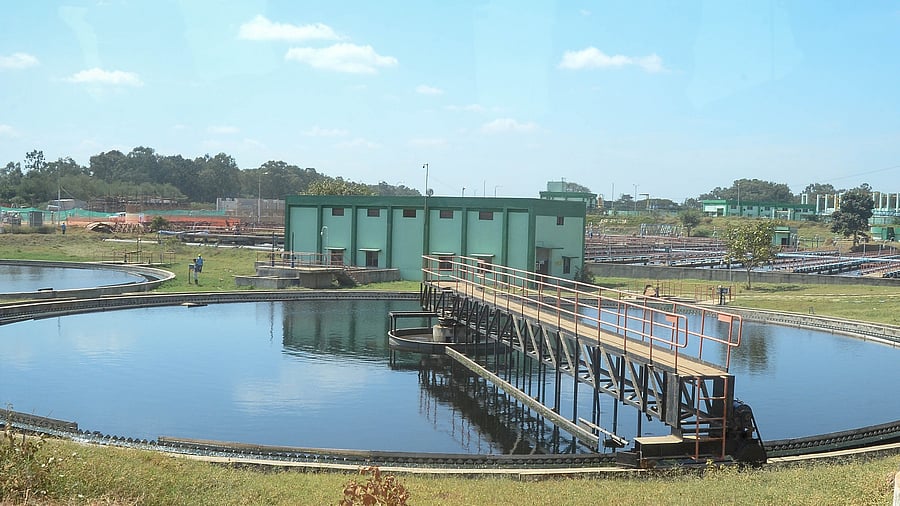
This water is neither fit for irrigation nor drinking.
Minor Irrigation Minister N S Boseraju on recently warned of “stringent measures” against individuals, who use the treated sewage water being supplied for the KC Valley and HN Valley projects, for agriculture.
In a statement, Boseraju expressed concern over instances where treated water is being directly employed for agriculture, which is against the project guidelines.
“While acknowledging the high quality of treated water, the minister cautioned against its direct use, emphasizing the need to preserve the project’s primary objectives. The authorities have been directed to take robust action against those violating the prohibition,” Boseraju said in a statement.
At present, sewage generated in Bengaluru is being made to undergo secondary treatment to fill up lakes in the parched districts of Kolar and Chikkaballapur. This water is neither fit for irrigation nor drinking.
“The lift irrigation scheme, a vital component of these valleys, channels treated water to plains districts like Bengaluru Rural, Kolar and Chikkaballapur, ultimately replenishing lakes to elevate groundwater levels. The ongoing project has successfully increased groundwater levels, enabling agricultural use through bore wells,” Boseraju explained.
Under the first phase of the KC Valley project, a total of 143 lakes in Kolar have been filled up at a cost of Rs 1,342 crore. Under the second phase, 276 lakes will be covered costing Rs 455 crore. The HN Valley project has filled up 65 lakes in Chikkaballapur at Rs 947 crore.
According to the statement, Boseraju underscored the responsibility of officials to conduct regular inspections, preventing the direct use of treated water. “Individuals found in violation will face consequences, and the minister emphasized that officials failing to take necessary actions will also be held accountable,” the statement said.
“This stern directive aims to safeguard the integrity of the irrigation projects, ensuring their effectiveness in raising groundwater levels and promoting sustainable water use in the designated districts,” it said.
